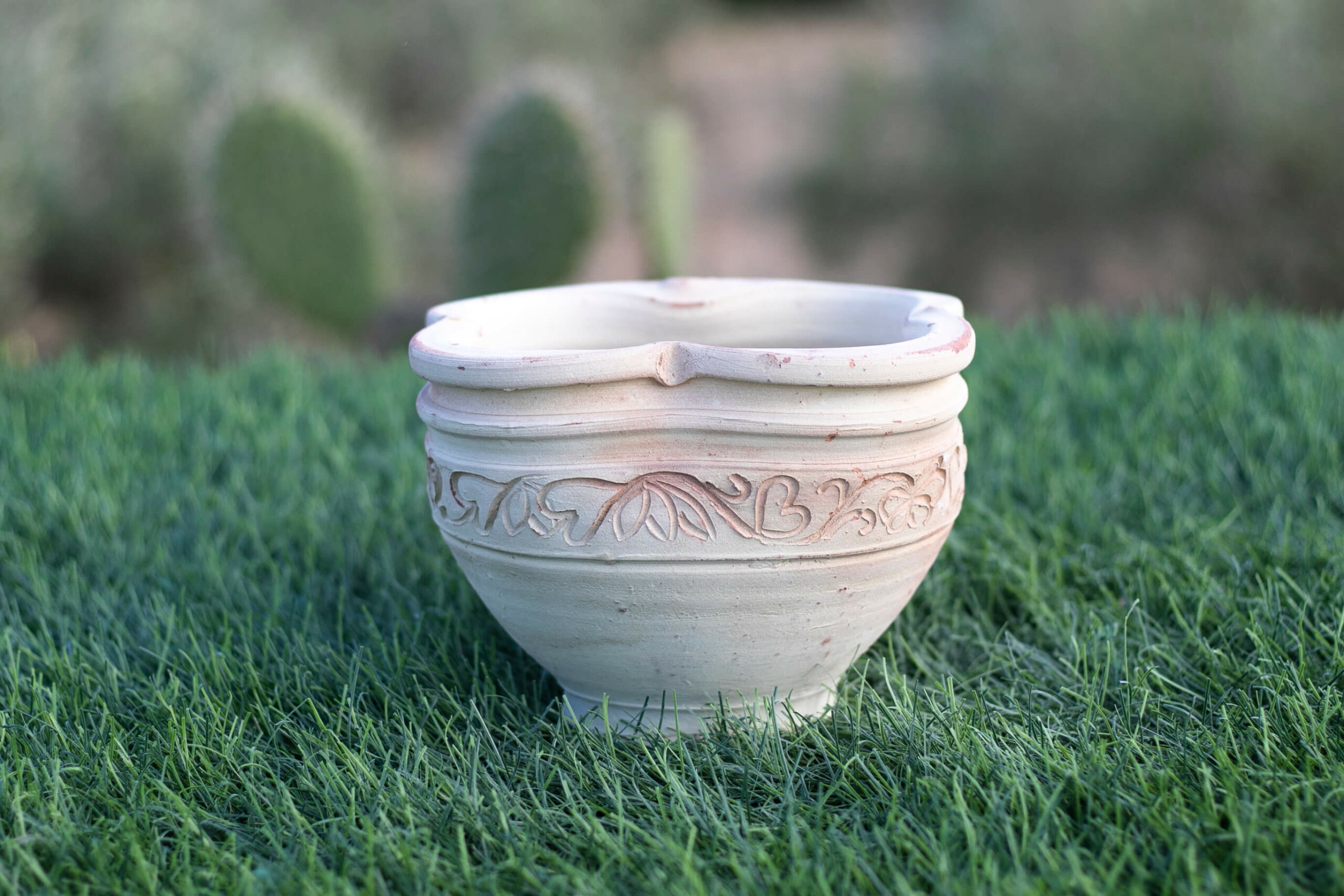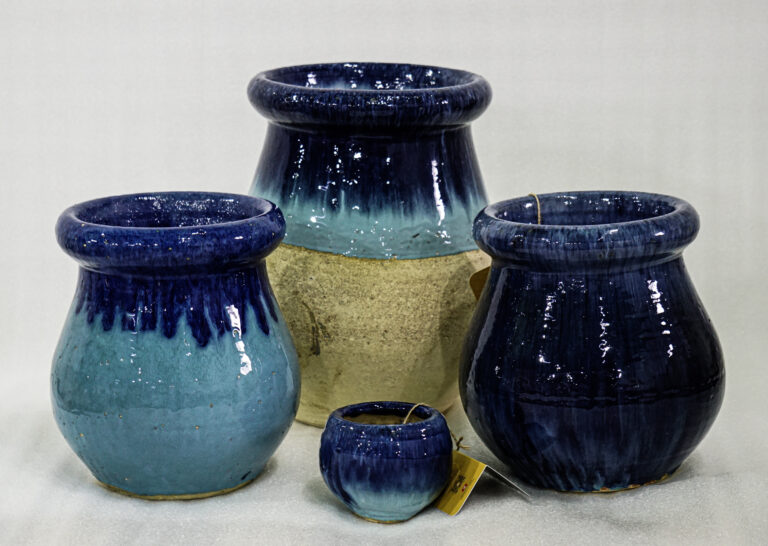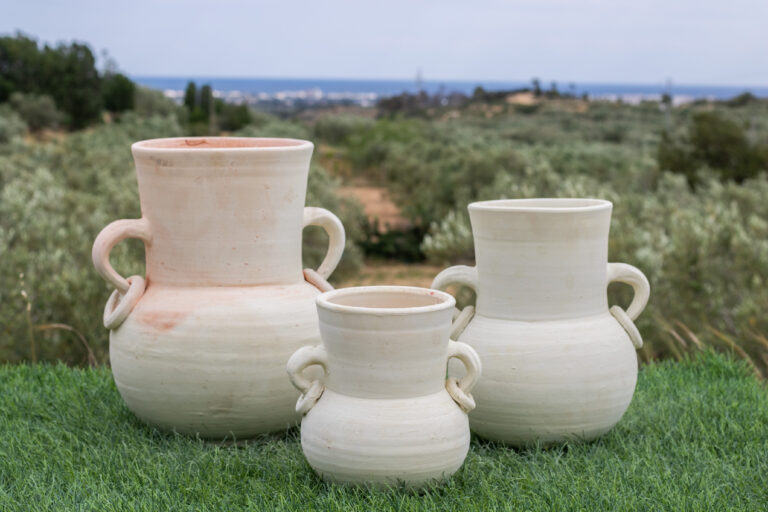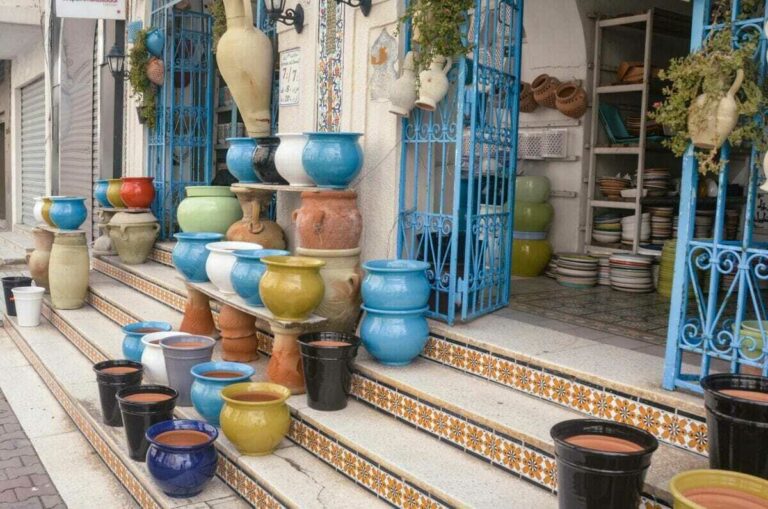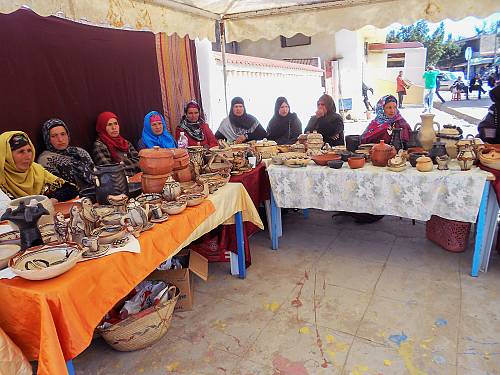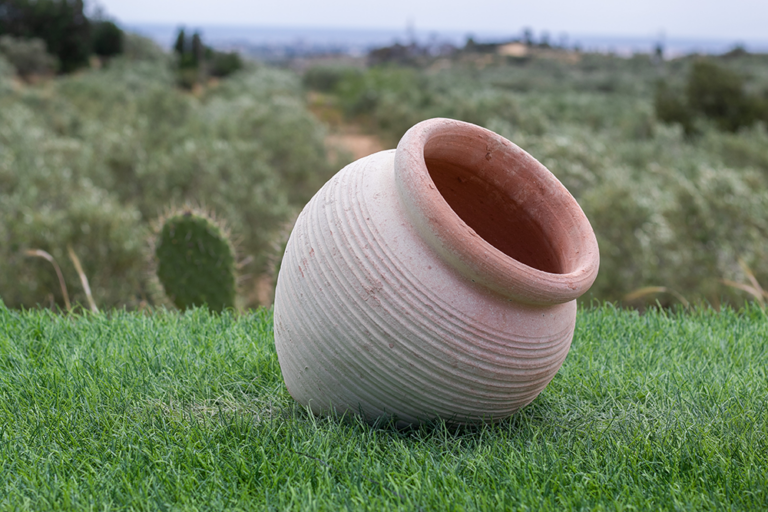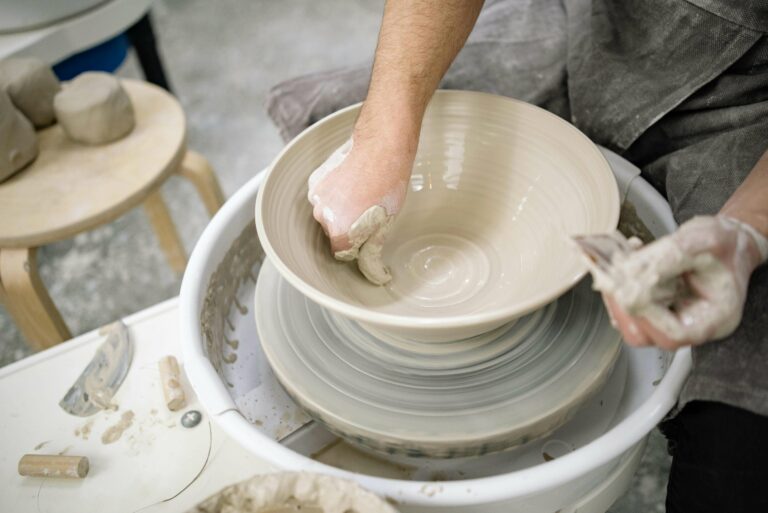Introduction
Moknine Garden Pottery in Tunisia is a significant aspect of the country’s cultural heritage and artistic expression. The art of pottery has been an integral part of Tunisian culture for centuries, and the Moknine region is particularly renowned for its unique and intricate pottery designs. This essay will explore the historical, cultural, and artistic significance of Moknine Garden Pottery in Tunisia, as well as its modern-day relevance and impact on the local community and economy.
- Historical Significance
The tradition of pottery-making in Tunisia dates back to ancient times, with evidence of pottery production found in archaeological sites across the country. The Moknine region, located in the central-eastern part of Tunisia, has a long history of pottery production, with techniques and designs passed down through generations. The art of pottery in Moknine is deeply rooted in the region’s history, and the pottery produced here reflects the influences of various civilizations that have inhabited the area over the centuries, including the Phoenicians, Romans, and Arabs.
- Cultural Significance
Moknine Garden Pottery plays a vital role in Tunisian cultural identity, serving as a form of artistic expression and a means of preserving traditional craftsmanship. The pottery produced in Moknine is known for its vibrant colors, intricate patterns, and unique shapes, reflecting the rich cultural heritage of the region. These pottery pieces are often used in traditional Tunisian ceremonies, such as weddings and religious festivals, and are valued for their decorative and functional purposes.
- Artistic Significance
The art of pottery-making in Moknine is a highly skilled craft that requires precision, creativity, and a deep understanding of traditional techniques. Artisans in Moknine use locally sourced clay and natural pigments to create their pottery, employing a variety of hand-building and wheel-throwing methods to shape the clay into beautiful and functional pieces. The intricate designs and motifs found in Moknine Garden Pottery are a testament to the artistic talent and creativity of the local artisans, who take great pride in their work and strive to uphold the legacy of their craft.
- Modern-day Relevance
In contemporary Tunisia, Moknine Garden Pottery continues to thrive as a vibrant and dynamic art form, with artisans blending traditional techniques with modern influences to create innovative and diverse pottery designs. The pottery industry in Moknine also plays a crucial role in the local economy, providing employment opportunities and contributing to the region’s cultural tourism sector. Many pottery workshops in Moknine welcome visitors to experience the art of pottery-making firsthand, offering workshops and demonstrations to promote awareness and appreciation of this traditional craft.
- Impact on the Local Community
The production of Moknine Garden Pottery has a significant impact on the local community, providing a source of income for artisans and their families, as well as contributing to the overall economic development of the region. Many artisans in Moknine are part of family-run workshops, where skills and knowledge are passed down through generations, fostering a sense of community and continuity in the practice of pottery-making. Additionally, the promotion of Moknine Garden Pottery as a cultural heritage has helped to raise awareness of the region’s artistic traditions and attract both domestic and international visitors, further supporting the local economy.
Conclusion
In conclusion, Moknine Garden Pottery in Tunisia holds immense historical, cultural, and artistic significance, serving as a symbol of the country’s rich heritage and creative expression. The art of pottery-making in Mokn…

